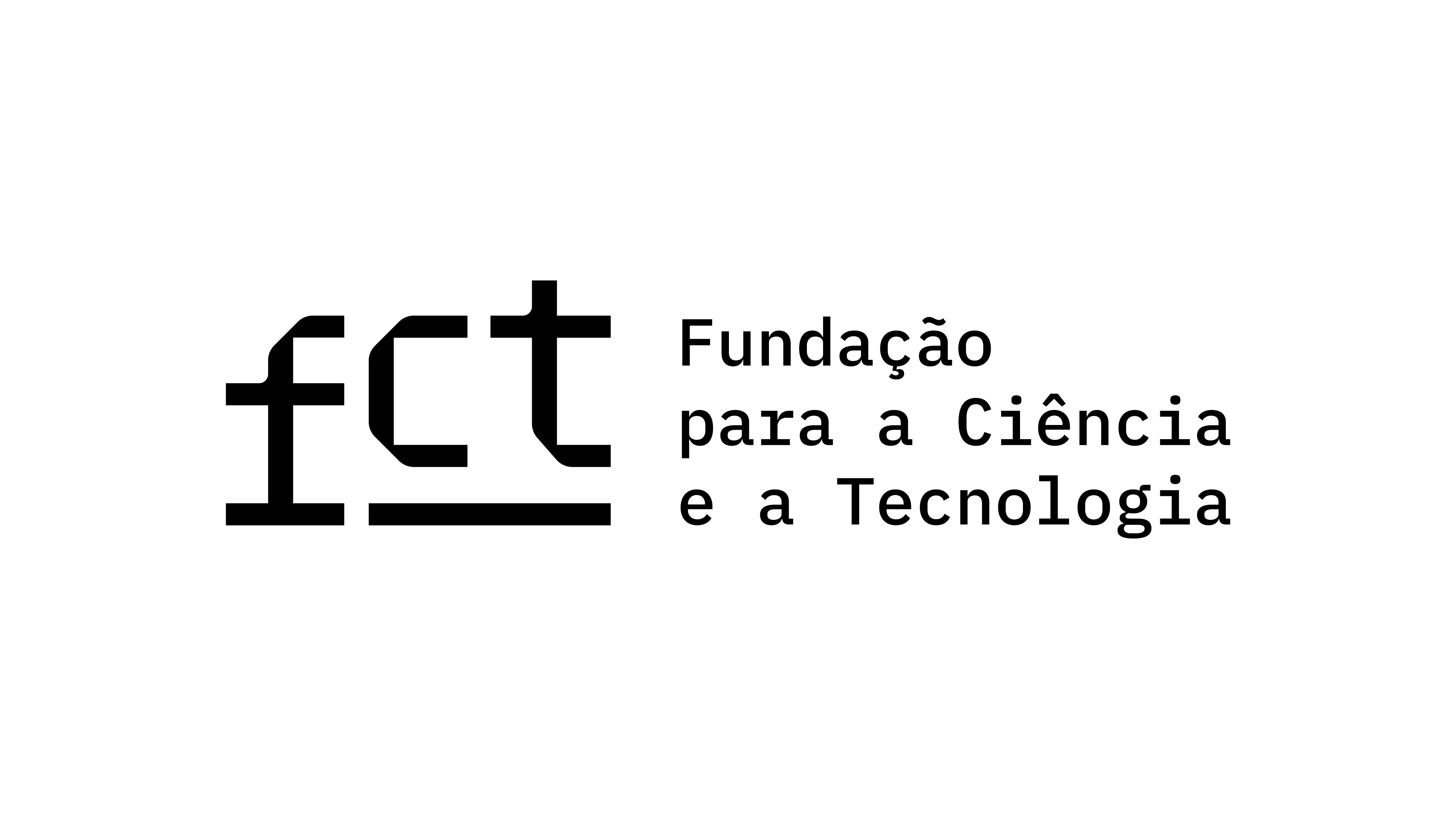Numbering the Iberian Letter
Project ENTRIB - Iberian Short Farces
DOI:
https://doi.org/10.51427/com.jcs.2022.0030Keywords:
Short farces, Digital Platform, Translation, Editing, Catalogue, BookAbstract
More than a mere work tool, the development of Digital Humanities allows the (re)cognition and the dissemination of information that is in danger of being forgotten. The project ENTRIB - Iberian Entremezes & Short farces recovers a part of that heritage, at the confluence of Iberian cultures, not only by organizing the corpus of short farces, but also by editing it, with a particular focus on the comparison between the same texts in different languages of the Iberian Peninsula. For that purpose, a digital platform was developed, which includes a catalogue, intended to be exhaustive, of Peninsular short theatre texts from the 17th and 18th centuries and, at the same time, presents editions of some of those farces. The project has not neglected, simultaneously, the book editions of the plays, which are not, therefore, replaced by the platform. In this article, we will make a brief presentation of the project, together with a reflection on the theoretical basis that sustains it, specifically in what concerns Translation Studies, taking into account the specificities of the 17th and 18th centuries and of the short theatre itself.
Downloads
References
Arquivo.pt, FAQ. Disponível em <https://sobre.arquivo.pt/pt/ajuda/o-que-e-o-arquivo-pt/#qe-faq-2086>. Acedido a 2 de Julho de 2023
ASENSIO, Eugenio (1971). Itinerario del entremez: desde Lope de Rueda a Quiñones de
Benavente. [2ª edição revisada]. Gredos.
CAMÕES, José (2014). “Comunicação Freirática”, Sinais de Cena, 22, pp. 9-14.
CAMÕES, José (dir.). (2022). Entremezes Ibéricos & Teatro Breve. Disponível em <https://entribericos.com/home/>. Acedido a 2 de Julho de 2023.
CAMÕES, José e José Pedro SOUSA (2018). “Arte nuevo de editar comedias en este tiempo digital”. In Cuadernos AISPI, 11, pp. 15-30.
CAPMANY, Antonio (1776). “Prologo”. Arte de traducir el idioma francés al castellano. Imprenta de Antonio de Sancha, pp. v-xvi. Disponível em <http://hdl.handle.net/11169/6631>. Acedido a 23 de Março de 2023.
Centro de Estudos de Teatro. Disponível em <https://www.ceteatro.pt/missao>. Acedido a 2 de Julho de 2023.
DASILVA, Xosé Manuel (2017). “La traducción literaria entre español y portugués en los siglos XVI y XVII”. e-Spania. Disponível em <http://journals.openedition.org/e-spania/26695> DOI: https://doi.org/10.4000/e-spania.26695 Acedido a 17 de Março de 2023.
GARÇÃO, Correia (1982) [1757]. Obras Completas. António José Saraiva (ed.). [2ª edição] Sá da Costa.
HERCULANO, Alexandre (1909). Opúsculos, tomo IX. Bertrand. Disponível em <https://library2.um.edu.mo/ebooks/b33464303.pdf> Acedido a 23 de Março de 2023.
MARQUES, Andresa Fresta (2021). Entre a Versão e a Variante: Casos Exemplares de Entremezes Portugueses dos Séculos XVII e XVIII - Edição e Estudo. Dissertação de Mestrado, Crítica Textual, Faculdade de Letras, Universidade de Lisboa.
MELO, D. Francisco Manuel (1999) [1657]. Apólogos Dialogais, Vol. II. O Escritório Ava-rento. O Hospital das Letras. Pedro Serra (ed.). Angelus Novus.
MENÉNDEZ Y PELAYO, Marcelino (1941). Estudios y discursos de crítica histórica y lite-raria, vol. V. Enrique Sánchez Reyes (ed.). Aldus.
NUNES, Ariadne e José Pedro SOUSA (2020). “Nota Introdutória”. Em Francisco de Leiva, El Poeta / O Poeta dom Tristão. Centro de Estudos de Teatro, pp. 5-18.
PAJARES INFANTE, Eterio (1996). “La teoria de la traducción em el siglo XVIII”. Livius, 8, pp. 165-174.
PAZ Y MELIÁ, Antonio (1934). Catálogo de las piezas de teatro que se conservan en el De-partamento de Manuscritos de la Biblioteca Nacional. 2.ª ed. Julián Paz.
ROSA, Marta Brites (2017). António José de Paula: Um percurso teatral por territórios setecentistas. Tese de Doutoramento, Faculdade de Letras, Universidade de Lisboa.
SABIO PINILLA, José Antonio e María Manuela FERNÁNDEZ SÁNCHEZ (1998). O Dis-curso sobre a tradução em Portugal. Edições Colibri.
SHUTTLEWORTH, Mark e Moira COWIE (1997). Dictionary of Translation Studies. Routledge.
SIMÓN PALMER, María del Carmen (1979). Manuscritos dramáticos de los siglos XVIII-XX de la Biblioteca del Instituto del Teatro de Barcelona (Cuadernos Bibliográficos). CSIC.
SOUSA, José Pedro e Andresa Fresta MARQUES (2021). “The nutcrackers: Iberian varia-tions on a Short Farce”. In Esther Gimeno Ugalde, Marta Pacheco Pinto e Ângela Fernandes (eds.), Iberian and Translation Studies. Literary Contact Zones. Liverpool University Press, pp. 289-308.
VERNEY, Luís António (1746). Verdadeiro Método de Estudar. Oficina de Antonio Balle, I tomo, Carta III.
VITERBO, Francisco de Sousa (2010) [1915]. “A litteratura hespahola em Portugal”. In Xosé Manuel Dasilva (dir.), Perfiles de la traducción hispano-portuguesa III. Edito-rial Academia del Hispanismo, pp. 149-161.
Downloads
Published
How to Cite
Issue
Section
License
Copyright (c) 2023 Andresa Fresta Marques, Ariadne Nunes, José Camões

This work is licensed under a Creative Commons Attribution 4.0 International License.
Compendium embraces online publishing and open access to all issues. Authors retain copyright and grant the journal right of first publication with the work simultaneously licensed under a Creative Commons Attribution 4.0 International (CC BY 4.0), that allows others to share the work with an acknowledgement of the work's authorship and initial publication in this journal.











